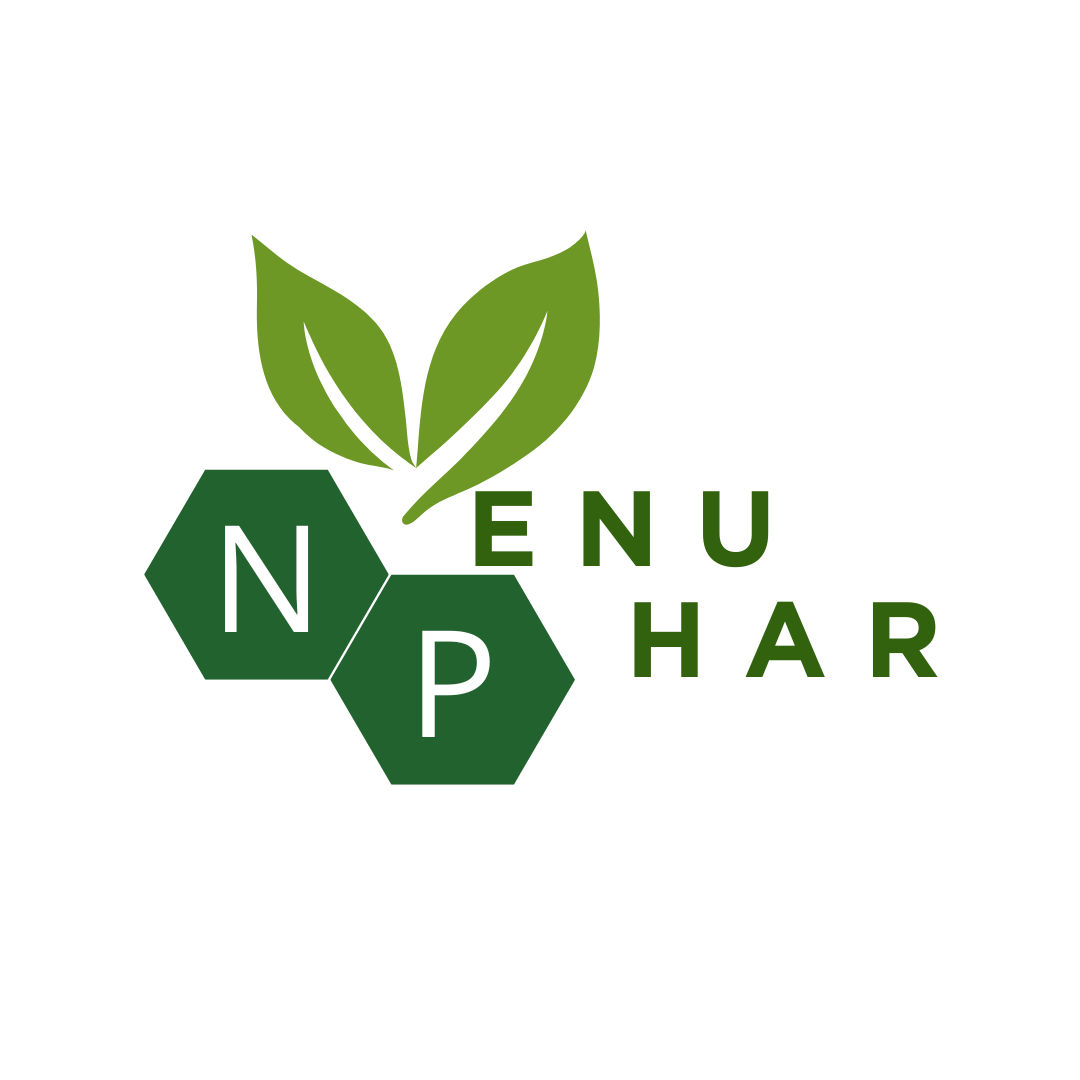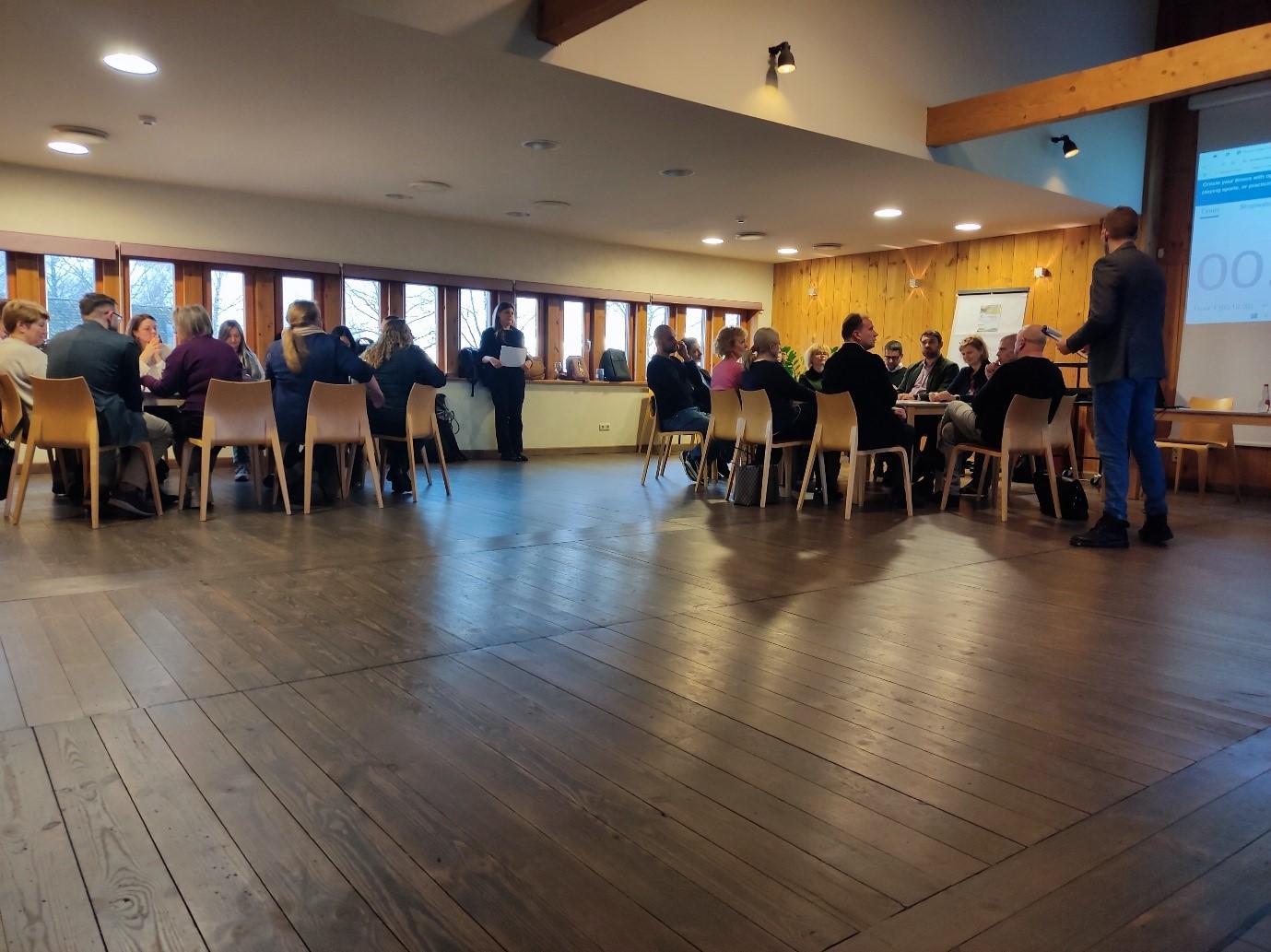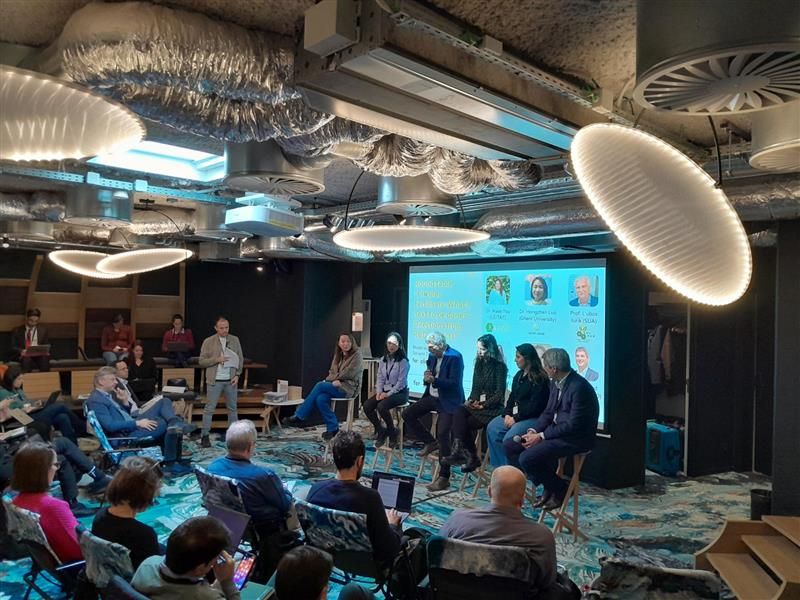On September 17-18, 2024, the NENUPHAR consortium convened in Brussels for its General Assembly Meeting (M11), bringing together project partners from across Europe. The meeting aimed to evaluate the progress of the project and map out the next steps in tackling nutrient pollution and promoting nutrient recycling.
Over the two days, participants discussed key developments, challenges, and outcomes across various work packages. A significant focus was placed on the successful advancements in WP3, which explores novel value chains for waste products, including manure, sewage sludge, and dairy wastewater. The consortium shared updates on tasks related to waste mapping, including strategies for data collection, analysis, and traceability in different regions.
Workshops also addressed governance models (WP2), examining how to foster multi-actor collaboration at the regional level to enhance nutrient management. Partners brainstormed how best to organize and engage stakeholders for the creation of Communities of Members (CoMs), which will serve as collaborative hubs for policy dialogue and practical solutions.
The event featured interactive discussions on monitoring key performance indicators (KPIs) and exploring the integration of environmental, technology, and governance data to assess the project’s impact. One of the central themes was the coordination of testing and demonstration activities at pilot sites, with partners from Spain, Latvia, and Hungary sharing their progress and challenges.
This General Assembly meeting was an essential milestone in NENUPHAR’s journey, reinforcing the importance of collaborative governance and the shared goal of achieving more sustainable agricultural practices through innovative nutrient recovery and recycling solutions.
Following the General Assembly, the ESNI (European Sustainable Nutrient Initiative) workshop took place, allowing participants to further engage in discussions around sustainable nutrient management and share insights from the NENUPHAR project.



